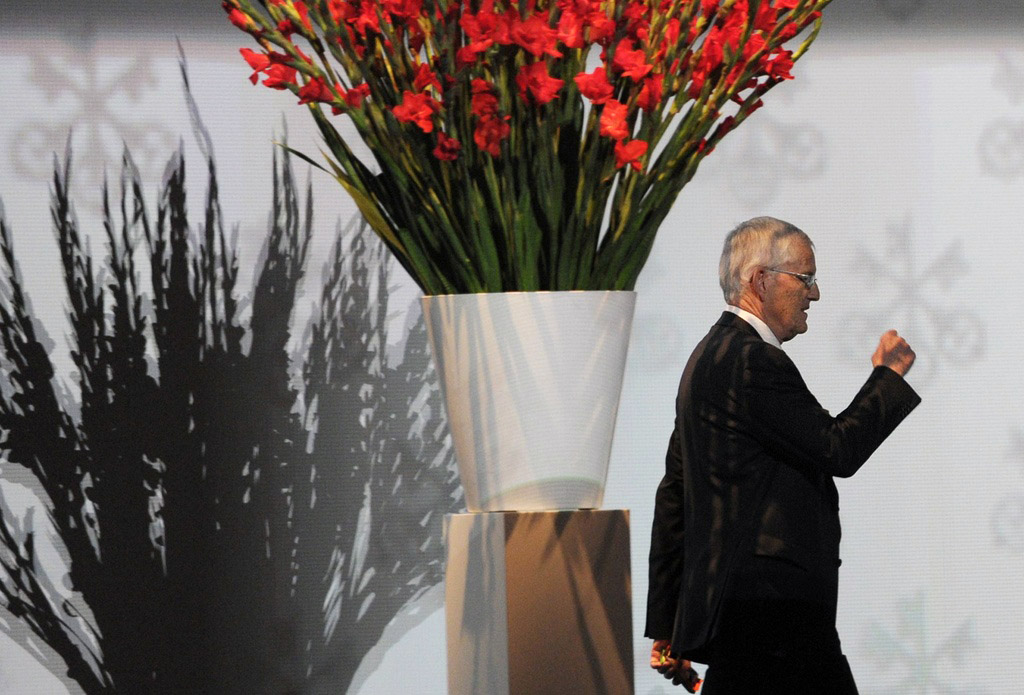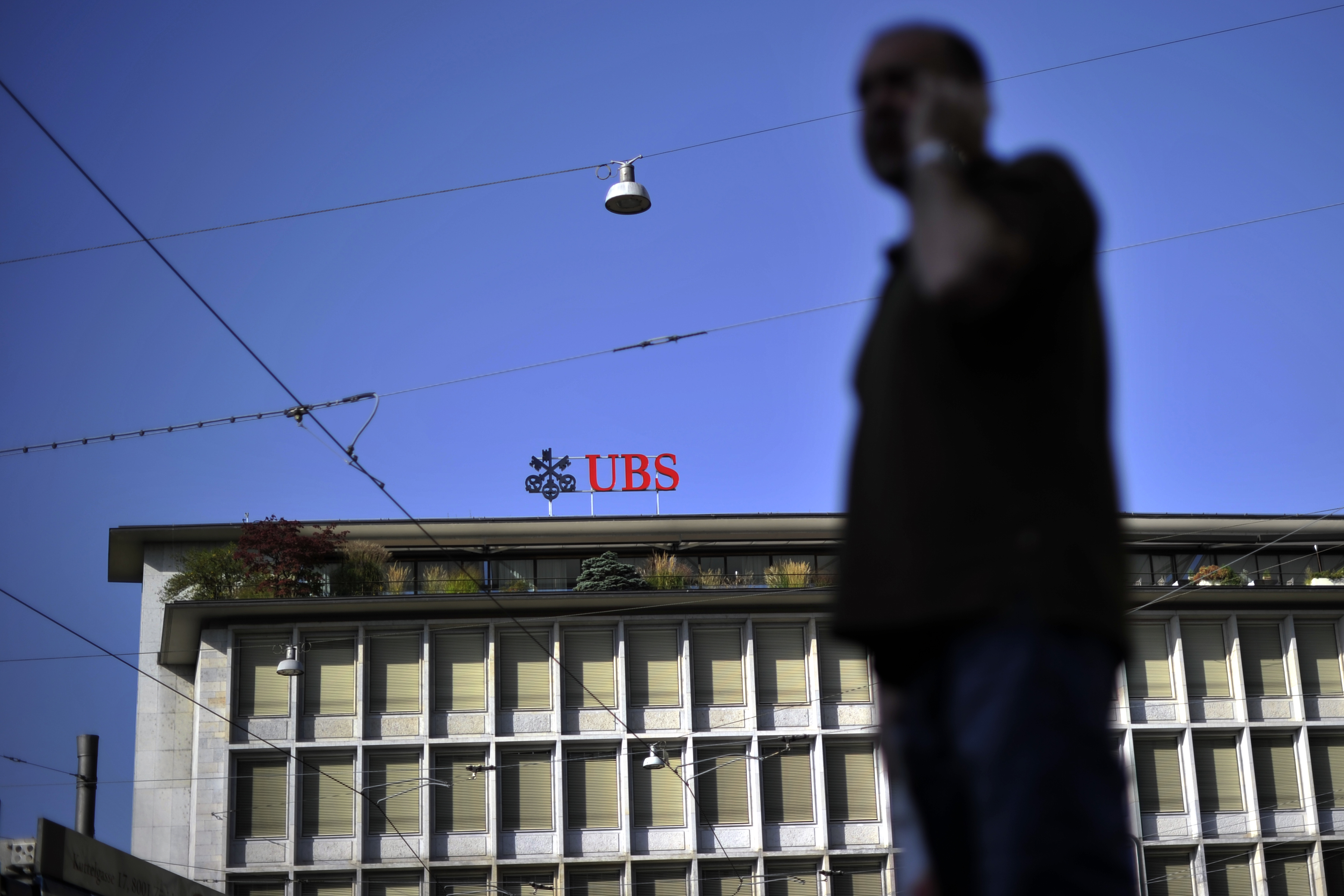Shareholders vent anger at UBS annual meeting

After a year in which it suffered a loss of SFr1.8 billion ($1.97 billion) through the actions of a rogue trader, leading Swiss bank UBS on Thursday faced down angry shareholders over executive pay and bonuses at its annual general meeting.
Board members and senior management were told they “should be ashamed of themselves”, and when the vote was taken almost 40 per cent of the 3,400 shareholders present voted to reject the company’s remuneration plan.
In his address to the meeting, outgoing chairman Kaspar Villiger said the bank had revised its remuneration policy following strong opposition from shareholders last year.
Villiger said the total pool of money available for bonuses had been reduced by 40 per cent. But he said it was important for the bank to be able to attract talent for the “most decisive” positions, as well as to reward performance, provide incentives and protect profits.
“Our impression is that we have reacted aggressively to the trading loss […], and we now have in place one of the most progressive compensation policies in the banking sector,” he said.
But shareholders were not to be mollified. Dominique Biedermann of Geneva-based sustainable development foundation Ethos, which owns shares in UBS, recommended shareholders reject the bank’s remuneration plan.
“I believe that the board is simply playing around with the trust of shareholders […] compensation is simply too high compared to performance,” he said.
Loud applause greeted Biedermann’s comments, as it did comments from several other shareholders who attacked high salary packages for UBS executives given what some described as an 85 per cent drop in the bank’s share price since the start of the financial crisis.
Baptism of fire
Journalist and shareholder René Zeyer likened UBS changes to management positions in recent years to a “merry-go-round turning so fast you get dizzy” and criticised the SFr6.35 million salary package for new chief executive Sergio Ermotti “for a few month’s work”.
Ermotti, who was appointed CEO in the wake of the rogue trader scandal last September, did not directly address the issue of remuneration. However he mounted a strong defence of UBS’s troubled investment bank, which booked the rogue trader losses and which one shareholder described as “a millstone around our necks”.
“Our investment bank will focus on […] client demand in the future. To support our clients in their business activities, we of course also have to take on risks on our balance sheet,” Ermotti said, adding that improving internal process to ensure that such an incident does not occur again was his first priority.
“We have improved internal monitoring and controls. We have replaced the people who made serious mistakes or who behaved unreasonably, or have docked their pay. And we have also addressed the deficiencies in the internal control system for financial reporting,” Ermotti said in his prepared remarks.
“The impending legal proceedings in September will likely generate unfavourable headlines […] I want to be able to say: These details describe a situation in the past.”
Also on Thursday, shareholders overwhelmingly voted in favour of former Bundesbank president Axel Weber to replace Villiger as UBS chairman.
The UBS bank is marking its 150th anniversary this year.
UBS’s troubles started with the subprime mortgage crisis: it had to write down some $50 billion between the end of 2007 and 2009.
In 2008 it made an annual loss of SFr21 billion, the biggest in its history. In the same year the Swiss National Bank was forced to bail out UBS with a SFr6 billion loan and by taking over bad debt.
It was the first Swiss bank to be investigated by US prosecutors for helping US citizens avoid paying tax: in 2009 it was forced to pay a $780 million fine.
The Swiss government subsequently agreed to hand over the names of 4,500 American UBS clients, a serious blow to Swiss banking secrecy.
In 2011 an investment bank trader in London lost UBS SFr1.8 billion in “unauthorised” trading.
In the wake of the scandal, chief executive Oswald Grübel, who had been appointed in 2009 to turn the bank around, stepped down. He was replaced by Sergio Ermotti.

In compliance with the JTI standards
More: SWI swissinfo.ch certified by the Journalism Trust Initiative













You can find an overview of ongoing debates with our journalists here . Please join us!
If you want to start a conversation about a topic raised in this article or want to report factual errors, email us at english@swissinfo.ch.